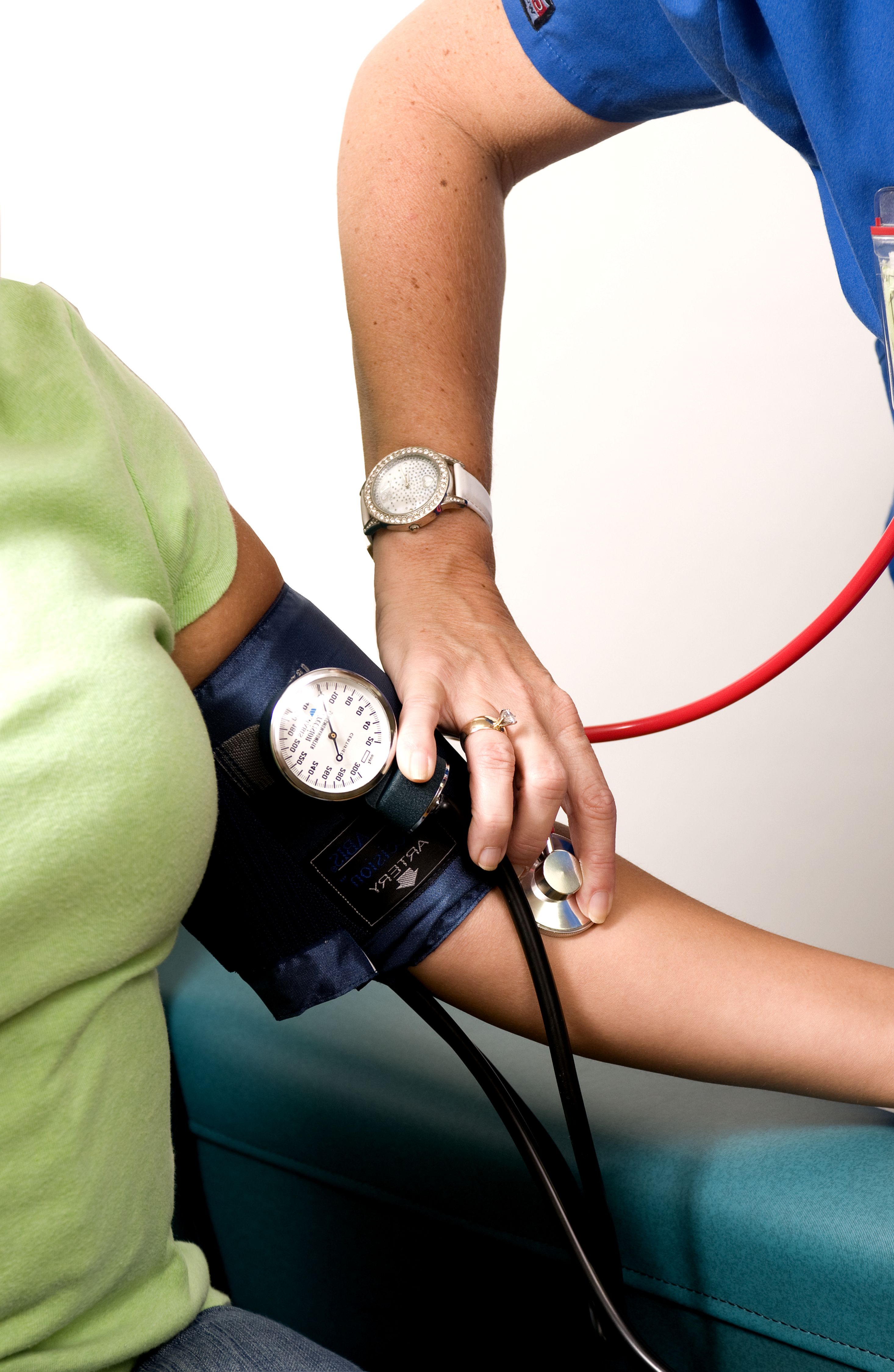
What is Blood Pressure?
Blood pressure is the force exerted by the blood against the walls of the arteries. It is measured in millimeters of mercury (mmHg) and is recorded as two numbers. The first number, the systolic pressure, is the pressure when the heart beats and pumps blood. The second number, the diastolic pressure, is the pressure when the heart is at rest between beats.

Why is Monitoring Blood Pressure Important?
High blood pressure, also known as hypertension, is a major risk factor for heart disease and stroke. It can lead to damage to the blood vessels, organs and other tissues in the body. Monitoring your blood pressure regularly can help you detect high blood pressure early, before it causes any damage.

How is Blood Pressure Measured?
Blood pressure can be measured using a blood pressure monitor, also known as a sphygmomanometer. The device consists of an inflatable cuff that is wrapped around the upper arm and a pressure gauge that measures the pressure in the cuff. The cuff is inflated to a pressure that is higher than the expected systolic pressure, and then slowly deflated while listening for the sounds of blood flow through the artery.

Where Can I Get a Blood Pressure Test Near Me?
You can get a blood pressure test at a number of locations, including:
- Your doctor's office
- A local clinic or health center
- A pharmacy or drugstore
- A community health fair or screening event

What Should I Expect During a Blood Pressure Test?
During a blood pressure test, you will be asked to sit quietly for a few minutes with your back supported and your feet flat on the ground. The cuff will be wrapped around your upper arm and inflated to a pressure that is higher than your expected systolic pressure. You may feel some pressure or discomfort during this process, but it should not be painful. The cuff will then be slowly deflated and the pressure readings will be recorded.

What Do Blood Pressure Readings Mean?
Normal blood pressure is typically around 120/80 mmHg. However, blood pressure can vary based on a number of factors, including age, gender, weight, and overall health. Your doctor or healthcare provider will be able to interpret your blood pressure readings and determine whether they are within a healthy range or whether you may need further evaluation or treatment.

What Can I Do to Maintain Healthy Blood Pressure?
There are a number of lifestyle changes you can make to help maintain healthy blood pressure, including:
- Eating a healthy diet that is low in sodium and high in fruits, vegetables, and whole grains
- Maintaining a healthy weight
- Getting regular exercise
- Reducing stress through techniques such as meditation or yoga
- Avoiding smoking and excessive alcohol consumption

Conclusion
Getting regular blood pressure tests is an important part of maintaining good health. By monitoring your blood pressure regularly and making lifestyle changes as needed, you can reduce your risk of heart disease, stroke, and other health problems.